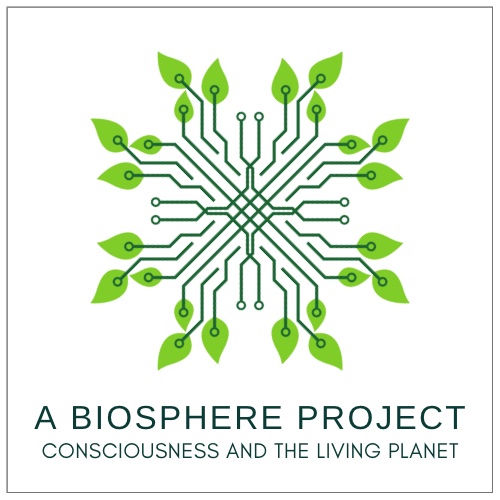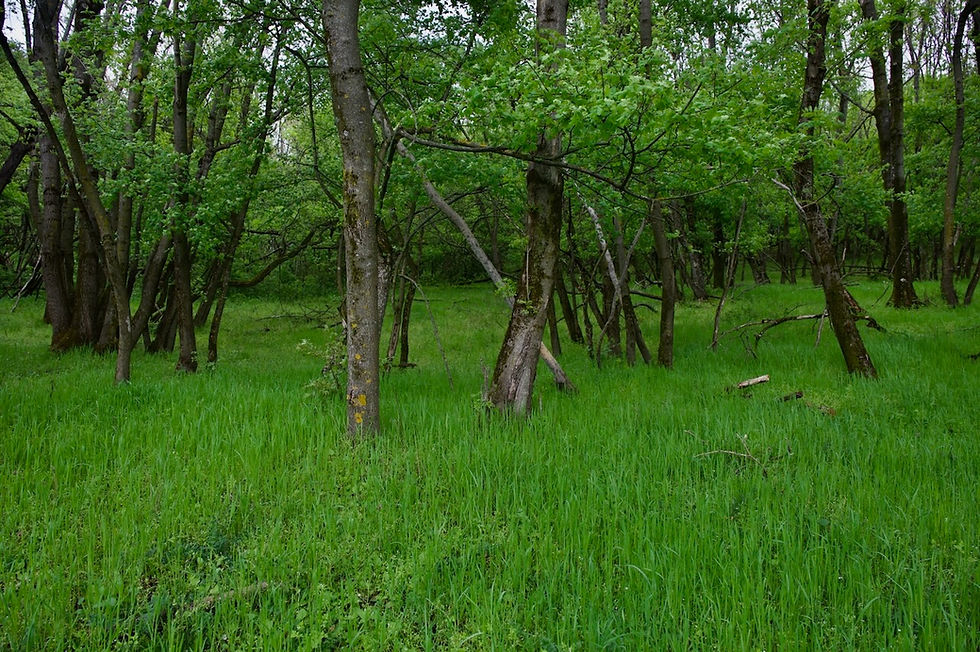On economics and illusions.
- filipvk
- Sep 19, 2021
- 4 min read
Updated: May 30, 2025

Dear friends,
for the economists among us who like to see the climate and biodiversity crisis presented in numbers, there is the new report from Swiss Re and Oxfam.
Swiss Re is the second largest reinsurer on the planet, they know what they are talking about when it comes to numbers.
According to their research, the economies of the richest countries will shrink by about 8.5% annually by 2050 as a result of the climate crisis. That is twice as much damage as now as a result of COVID-19, and this YEARLY.
You read that right, within barely thirty years the economy of the G-7 countries will shrink by about 8.5% every year.
Let that sink in for a moment. What is predicted here by one of the most authoritative financial institutions on the planet is no less than the economic end of the world in just three decades.
Other countries will be hit much harder, according to this report.
And this on the basis of the expected temperature rise (2.6 degrees) projected from the current climate policy and the current promises, which are still far from ambitious enough.
It once again puts the eternal question of economy-climate hesitators (“who should pay for that?”) in a different light.
That question misses the point in every way anyway, but even within the logic it generates, it will "cost" infinitely more to do nothing or not enough, or not act fast enough.
But ultimately there is also something very profoundly wrong with this whole approach to our planetary condition in numerical and financial equations.
The logic goes like this: we have to save the planet, the climate, biodiversity to limit the economic damage, to save our economy. Or by extension to a broader argument: to save ourselves.
Let's work with an analogy on this.
Imagine for a moment that we were trying to convince a parent to take good care of his/her children for the future benefit that can be expected from that. Companionship in old age, possible material support if you have to get by on a meager pension, status, all kinds of 'return-on-investment', in short, insurance for old age.
The strange absurdity of that whole premise is immediately palpable. The intrinsic inhumanity of that reasoning, which we are actually constantly applying to the entire planet at the moment, becomes apparent the moment you invoke it in this different context.
Parents go out of their way to take good care of their children because they love them (at least, in a more or less 'normal' starting position, barring severe trauma leading to abuse, etc.).
Unconditional love is the basis of that bond and that care. The idea that a parent would care for a child out of self-interest immediately seems like an inhumane premise, and the extent to which that would actually be the case would indicate the presence of a major emotional disturbance or trauma.
Yet this is how we often reason - mostly unconsciously - when it comes to 'the environment'.
I myself used to go along with that logic to a considerable degree.
The focus on economic consequences, which is often also maintained by well-meaning environmental organizations, is intended to influence policy makers through 'rational' arguments that fit within the 'rational' economic paradigm, but has the consequence that the strange distortion in our relationship with our living environment is actually validated and perpetuated.
So far, this approach has had little success either. After all, our policymakers have had the numbers for many decades, and the nearly entire scientific community of this planet warns as many decades that we are heading straight for the abyss. Yet the course change is not forthcoming (there are hopeful developments, but the promises that are now on the table are still far from sufficient and in the field, for example, CO2 emissions are now rising faster than ever)
One of the things I would like to focus on in my work on the biosphere crisis in the coming years is to explore this strange dissociation, and the collective inability to arrive at a meaningful change of course from 'rational' arguments (self-preservation). .
Let's assume that what we are doing now on the planet would not endanger our self-interest. That we should not expect apocalyptic economic damage if we continue like this. Would continuing with 'business as usual' be an option? Would the mass extinction of animal and plant species pose no problem? Would turning the last rainforests on earth into deserts be acceptable?
What does it say about our worldview and our ideas about our relationship to our environment that we need the self-interest argument to be convinced that it is worth caring for our habitat?
The premise that we should act out of self-preservation seems plausible and reasonable at first glance, but can actually be seen as a symptom of something much bigger and part of the problem. Because the problem we face is not just a question of greenhouse gases, deforestation or plastic waste. It is fundamentally about the metaphysical place that we assign ourselves within the whole of all-that-is. About our world view, our 'mythos'.
The analogy with the drug addict or alcoholic is also illuminating: attempts to bring an addict to a lasting change in behavior from "rational" arguments, and even from the argument of self-preservation, are doomed to failure.
Only from a different paradigm and possibly a healing of the original trauma - which goes far beyond a mental understanding of rational considerations - will the addict be able to achieve a change in consciousness and behavior.
That is possibly the greatest challenge that awaits us, the change in our worldview, and it will be no less great than the realization several centuries ago that the earth revolves around the sun, rather than the other way around.




